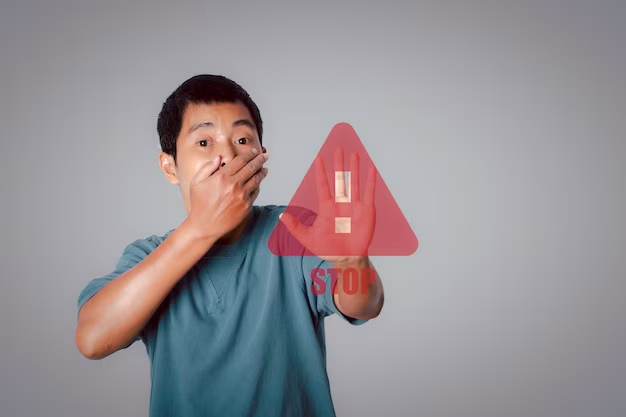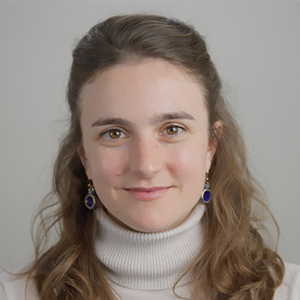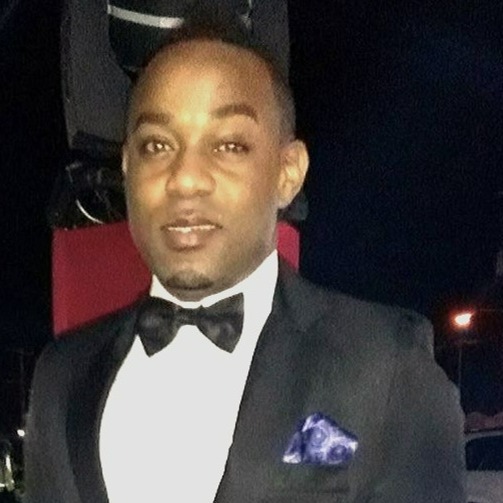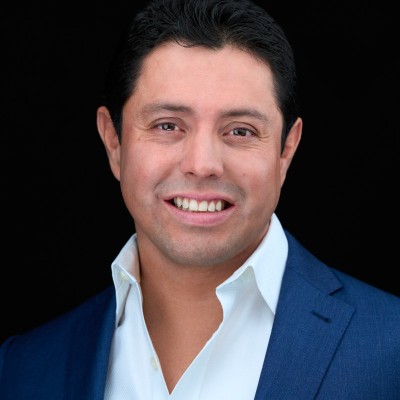Traditionally, the practice of mediation was very common in the Middle East, especially in Lebanon; whenever two individuals were in a conflictual situation, they always sought the help of their clan or religious leaders to solve their quarrels. This recourse, known as “Al Mousalaha” or “Al Soleh”, i.e., Conciliation, was a common practice before the instauration of the Lebanese Judicial System.
In 1933, in the former Code of Civil Procedures, the Lebanese Legislator legalized the process of “Mousalaha” alongside the Court of First Instance by creating the role of Judge of Conciliation known as “Kadi al Soleh” who had the specific mandate to conciliate parties at a lawsuit before its settlement by the competent court. If the “Kadi al Soleh” succeeded in conciliating the disputants, he used to document the conciliation terms in the judicial minutes of records, that once ratified by the ruling judge, were considered as a final enforceable ruling.
Years later, the new Lebanese Code of Civil Procedures abolished the role of “Kadi al Soleh” and delegated it to the ruling Judge examining the case in full accordance with enforceable laws. The development and progress of society, along with the complexity of human relations, drove the already strict judicial system to become unfavorable among individuals who sought faster and less costly alternatives to conflicts resolutions.
From their perspective, individuals required a different approach: they wanted to be heard, and have additional voluntary actions allowing them to solve their conflicts themselves within an approachable and humane process. They perceived the judicial system unsatisfactory and the imposing nature of the arbitration award complex due to arbitration rules and procedures.
It took decades for their aspirations to be met with the adoption of the Judicial Mediation Law on October 10, 2018. The law defined the process of Mediation as an alternative to conflict resolution. In article #1, mediation is the process that enables parties in conflict, to seek the help of a third impartial person to help them communicate and encourage them to negotiate so they can resolve their dispute. Judicial Mediation is the process by which a judge refers the disputants at any time during court proceedings, upon their consent, to a chosen mediator who will help them communicate and assist them in finding a solution to their dispute. The multiple Lebanese crises stopped the work on implementation decrees, putting at a halt the use of Judicial Mediation.
Four years later, The Singapore Convention was an encouraging motive for the Lebanese Parliament to adopt the Conventional Mediation Law #286/2022, issued in April 2022. This new law gives the right to any party of an actual or future conflict, to agree on appointing a professional, independent, impartial and neutral mediator to help them communicate and find a solution for their conflict.
Today, Judicial and Conventional Mediation are in dire need of coming out to the light and being presented through awareness campaigns as available Alternative to Dispute Resolution (ADR), in a country torn by economic, financial, and social collapse where the judicial system is halted with recurrent strikes of judges, court clerks, and even lawyers.
Going back to its roots, mediation should be considered an evolved “specie” of the “Kadi al Soleh”. I personally see and call upon all those concerned with conflict resolution, be it lawyers, legal counselors, notary public, mayors, municipal officials, advisors, religious entities – and more – to join forces in the promotion of the benefits of mediation.
Our country struggles, and I believe that the professional input of mediators will directly contribute to the transformation and resolution of conflicts, leading to a peaceful societal consensus that will bring people together and abolish separation.
Let us hope that the Land of the Cedars will have a brighter tomorrow where all Lebanese come together and live in decency, away from crises burdens that create day-in-day-out escalating conflicts.
Author
Rabih Sfeir
Attorney at law-Mediator
Beirut-Lebanon


































